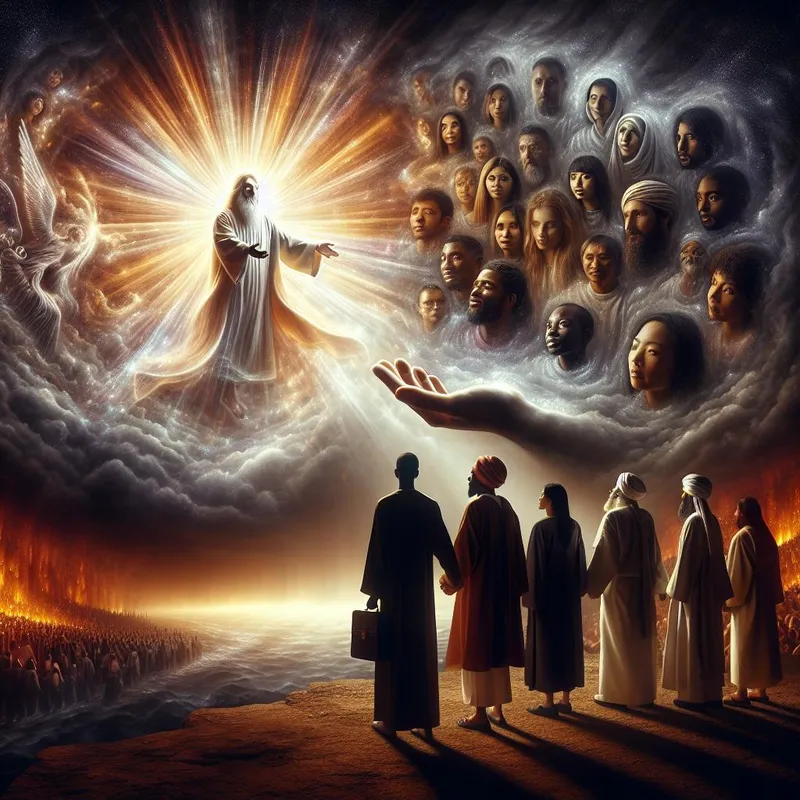
Does God Love People in Hell? Understanding Divine Compassion
Posted on 22 August 2024
Does God Love People in Hell?
Hell is often portrayed in a simplistic and trivial manner in modern Western culture. This misconception, along with distorted notions of love and a limited understanding of God, makes it challenging to comprehend how God can love people in hell. To understand this concept, we need to dispel these misconceptions and explore the nature of God's love.
Who is God?
God is not a finite, human-like being with superpowers. He transcends the cosmos and is being itself (Exodus 3:14; Acts 17:24–29). It is crucial to grasp this because when the Bible says that "God is love" (1 John 4:8), it means that love is an essential part of His nature. God's love is not influenced by our actions or our location; He loves people in hell because that is who He is.
Understanding Love
Love, in the Christian sense, involves willing what is good for another person. It is not merely a feeling or emotion but a self-sacrificial act that seeks the well-being of others. The ultimate example of this love was demonstrated on the cross when Jesus gave His life to offer us eternal life (John 3:16). This divine love extends to all creatures, as God's essence knows and desires their good.
The Reality of Hell
Contrary to popular culture's trivialization of hell, the Bible depicts it as a place of conscious torment for the wicked until the future resurrection (Luke 16:19–31). After the final judgment, the unrighteous will be cast into the lake of fire (Revelation 20:11–15), while the righteous will dwell with God eternally. In hell, the experience of God's presence is different from that in heaven.
How Does God Love People in Hell?
From an absolute standpoint, it is good for creatures and their Creator to be united, as it was in the beginning (Genesis 1—2). Sin disrupts this union, causing a separation between God and His creation. Sin can be seen as the inward turning away from what is good for creatures. Without the redemptive love of Christ, individuals persist in their ruinous state of self-centeredness and rejection of God.
God's love for His creation manifests differently to the impenitent creature than to the penitent. It is the same love experienced from two perspectives. Imagine two people outside on a sunny day—one in the sunshine and another in the shadow. Both experience the same sun, but their perception differs based on their situation relative to the sun. Similarly, the experience of God's love is different in hell than in heaven. Instead of experiencing the fullness of God's grace, those in hell experience the fullness of divine wrath.
Why This Matters
Understanding that God loves people in hell challenges popular misconceptions about hell and God's nature. It highlights the importance of recognizing God's transcendence and His unconditional love for all His creatures. This knowledge can deepen our appreciation for God's love and inspire us to seek reconciliation with Him through Christ.
Think About It
- How does your understanding of hell align with the biblical depiction?
- In what ways can recognizing God's love for people in hell impact your own perspective on forgiveness and redemption?
- Reflect on how your perception of God's love might change when you consider His transcendence and His unwavering nature as love itself.
- How does comprehending God's love for people in hell challenge common cultural narratives about hell and divine judgment?
